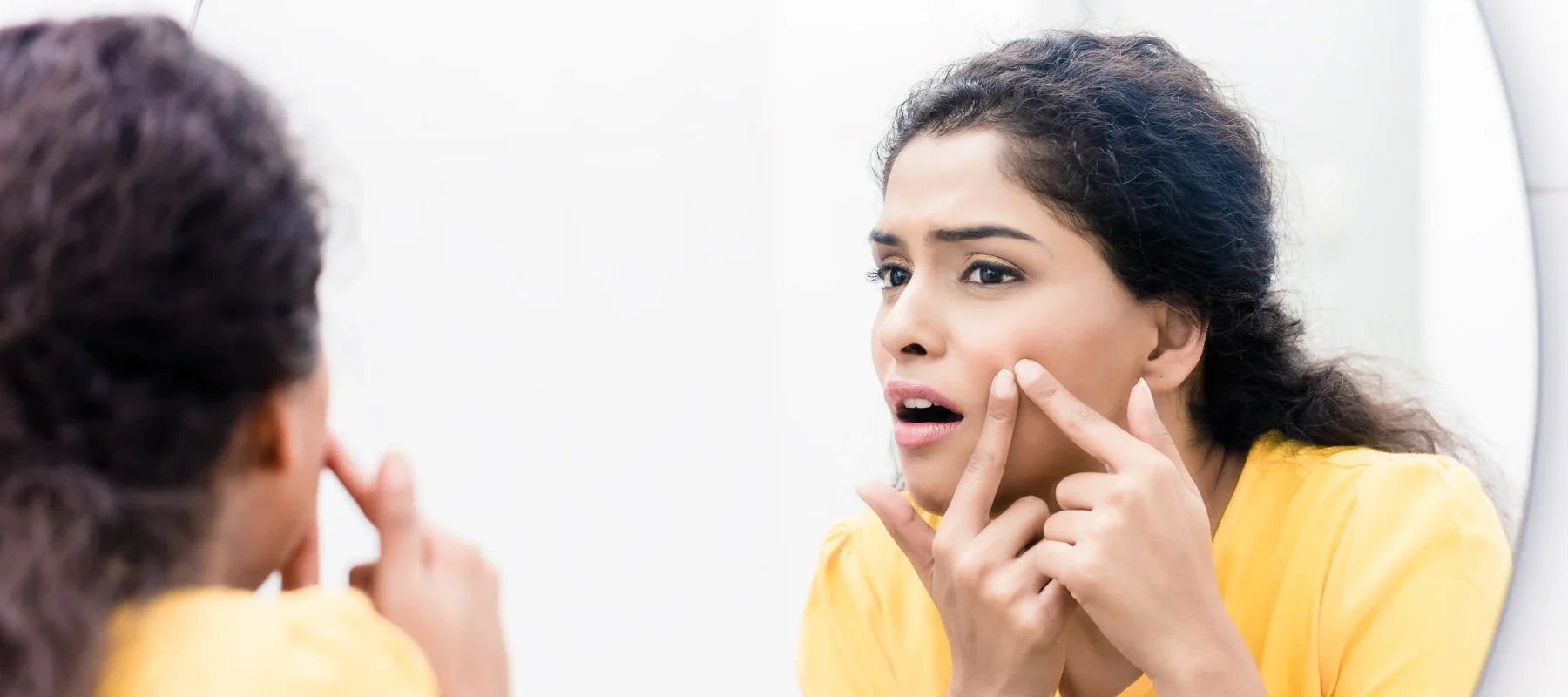
The ultimate guide to pimple self care: Tips and tricks to clear skin
Introduction: why pimple self-care matters
The quest for beautiful, acne-free skin can frequently seem like an endless struggle when it comes to skincare. Those annoying zits pop up when we least expect them to, taking away our self-assurance and leaving a trail of aggravation in their wake.
Don't worry because this article is your ticket to the paradise of glowing, clear skin. We will embark on a journey together to discover tried-and-true pimple self-care guidance and many methods for permanently saying goodbye to acne.
Understanding pimples: causes and types
Before learning tips for pimple self-care at home, let’s explore its types and causes:
Types of pimples:
Numerous skin lesions, such as the following, can be indicative of pimples:
- Papules inflamed (little red pimples)
- Pustules, or patches of white or yellow
- Comedones: the whiteheads and blackheads
- Nodules, or big red pimples
- Pseudocysts (variable swelling resembling a cyst)
- Supplementary lesions
Causes of pimples:
Little oil glands found on our skin are called sebaceous glands. Sebum, the greasy material they create, can clog pores and cause acne if produced excessively. Your skin can suffer greatly from bacteria, especially Propionibacterium acnes (P. acnes). Furthermore, these tiny nuisances produce inflammation and flourish in closed pores.
Puberty, menstruation, pregnancy, and stress are examples of hormonal changes that might result in increased oil production and an increased risk of acne. Moreover, pimples and diet are closely related, although some research indicates that dairy and meals with a high glycemic index may worsen outbreaks for certain people.
Also read: How to Prevent Pimples Effectively?
The importance of pimple self-care
Acne can worsen due to several circumstances, including stress, greasy hair or cosmetics, certain meals, lack of sleep, and smoking. While there is no complete cure for acne, it can be controlled with the right care, involving medication and pimple self-care.
Using skincare products is not the only strategy to stop and manage outbreaks of skin prone to acne. Skincare routines and dietary adjustments may also be part of the treatment plan for acne-prone skin.
Essential tips for pimple self-care at home
After analysing the underlying causes, it's time to provide you with a thorough toolkit of acne prevention techniques. These tried-and-true techniques can help you eliminate acne and feel more confident.
Cleanse
Picture yourself feeling as though a cold, reviving cleanser is softly sweeping over your skin, removing the day's pollutants. The foundation of any skincare regimen is proper washing. Select a mild cleanser that is in line with the pH balance of your skin type.
One good example is The Pink Foundry’s Clearing & Calming Acne Face Wash, which contains salicylic acid, zinc PCA, and other useful ingredients.
Moisturise
Often held belief is that individuals with skin prone to acne must not moisturise right after cleansing to prevent acne flare-ups. Contrary to what you would think if you have oily or acne-prone skin, skipping moisturiser can actually cause your skin to overproduce sebum in an attempt to make up for it.
One of the best ways to boost your pimple self-care regimen and accelerate things up is to moisturise your face with something ‘powerful’ and ‘long-lasting.’ This is where The Pink Foundry’s Acne Care & Healing Gel Moisturiser comes in handy. Try it out!
Also read: Can Moisturiser Cause Acne?
Exfoliate
A rejuvenating spa treatment for your skin is what exfoliation is like. It also cleanses your pores, encourages cell turnover, and sloughs off dead skin cells. Try to find products that gently exfoliate your skin without being too harsh, like a chemical AHA BHA exfoliant.
Also read: How To Exfoliate Face Skin For Smoother And Brighter Skin
Lifestyle changes to support healthy skin and combat pimples
They say that the greatest acne treatment is prevention, and this is the case. It takes continual work to keep your skin bright and clear.
- Keep pimples from popping. Although tempting, avoid doing this for the following reasons: By forcing contaminated material further into the skin, popping zits can worsen swelling and redness and possibly cause scarring.
- To avoid bacteria growth, clean your skincare tools—such as brushes and sponges—on a regular basis.
- Refrain from using your fingers to touch your face or resting your face on items like your phone that gather oil and skin debris.
- If you wear sunglasses or glasses, wipe them frequently to prevent oil buildup in the pores around your nose and eyes.
- If you have body acne, avoid wearing tight clothing. They may irritate the skin in addition to keeping it from breathing.
- Before you go to bed, remove your makeup. If your old cosmetics have changed in appearance or fragrance after you bought them, discard them.
- Keep your hair neat and out of your face to avoid oil and debris clogging your pores.
The role of diet in pimple prevention
Given that a low-glycemic diet prevents blood sugar surges, scientists think it may help lessen acne. Your entire body becomes inflamed when your blood sugar climbs. Additionally, due to these surges, your body produces more sebum—the greasy material on your skin.
Conclusion
With this newfound information, you may finally wave goodbye to acne and accept the flawless, clear skin you deserve. Remember that proper skin care is about feeling good about yourself and your skin, not just about looking good. So go ahead, use these suggestions, and let that gorgeous skin show!
FAQs:
1. When is acne most severe?
80% of teenagers suffer from acne, with the teenage years, which span from 14 to 19, being the prime age for acne in all genders.
2. I have acne on my skin; how can I get rid of it?
To help avoid breakouts and treat them as soon as possible, consider the following advice: Use warm water and a gentle soap designed for acne sufferers to wash your face no more than twice a day. Utilising circular strokes, gently massage your face. Refrain from cleaning.
3. Does drinking water help to reduce pimples?
Acne can be avoided by maintaining adequate hydration since it can boost immunity and defend the body against infections.























































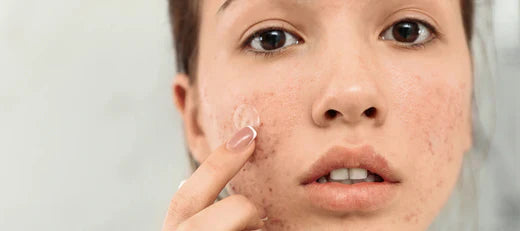
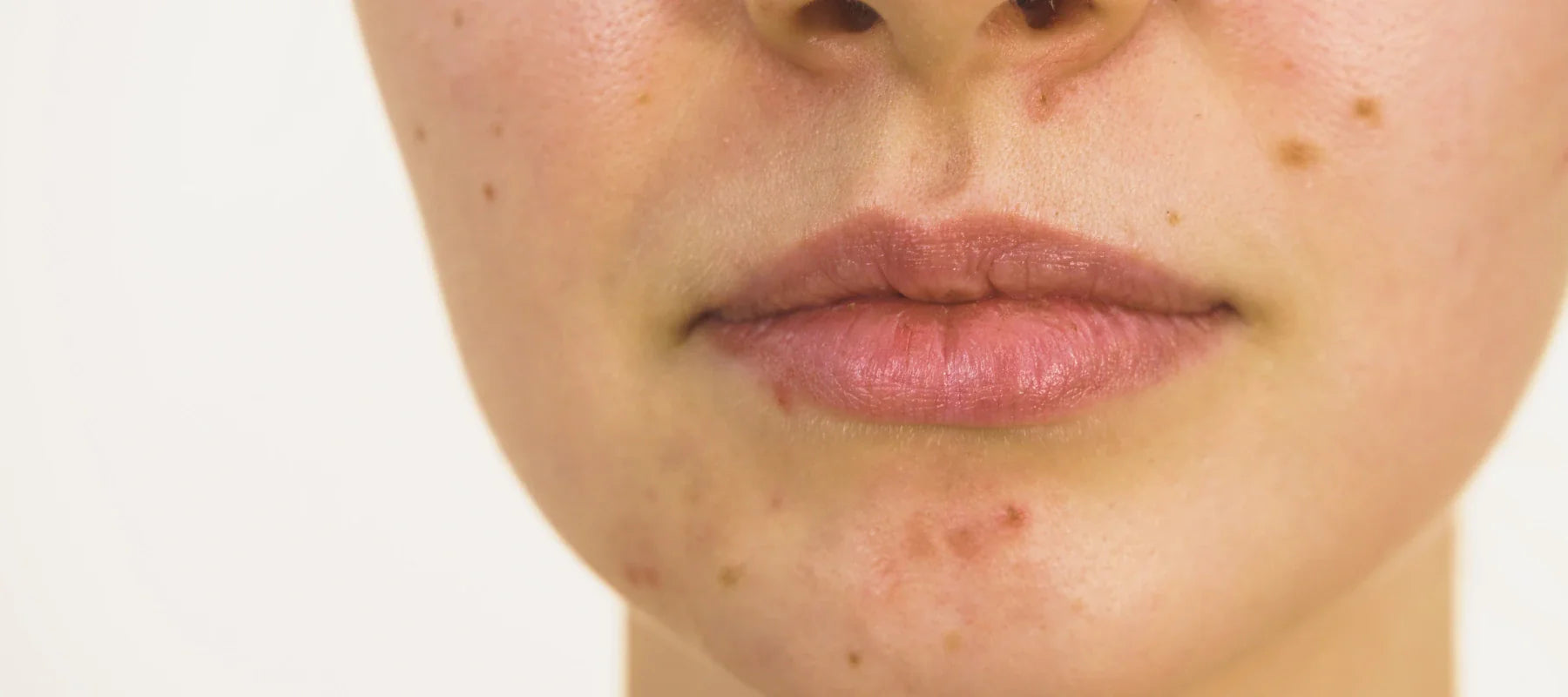
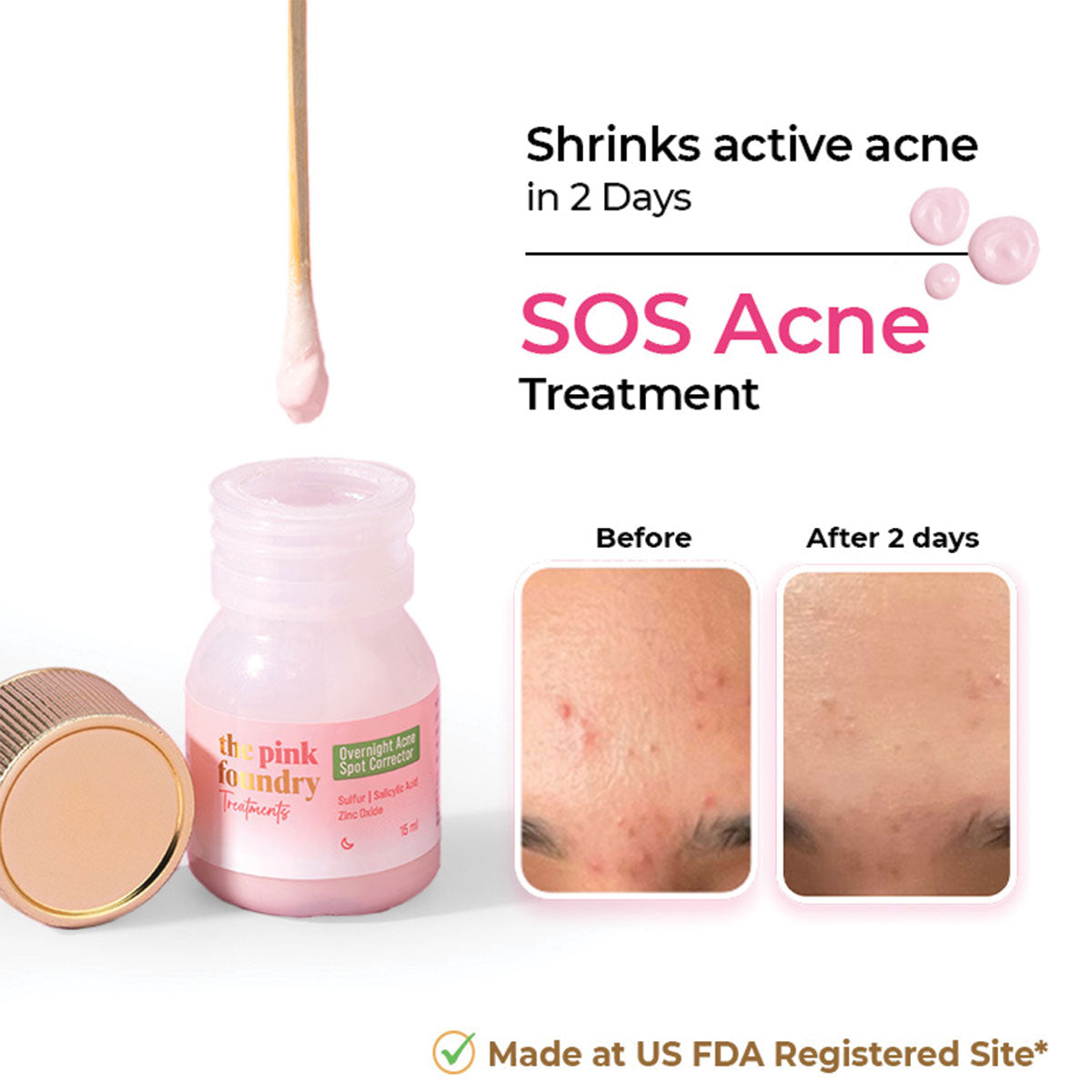
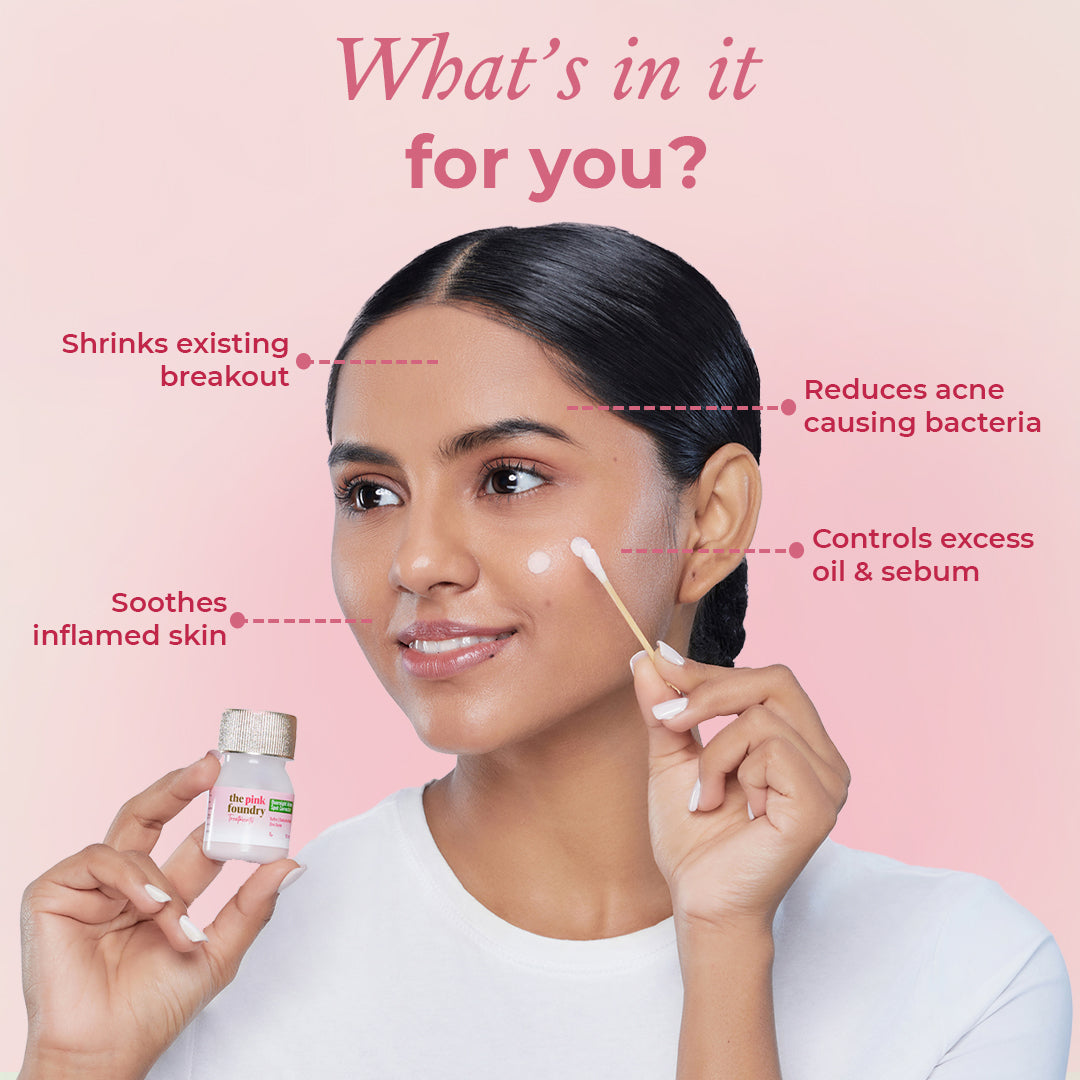


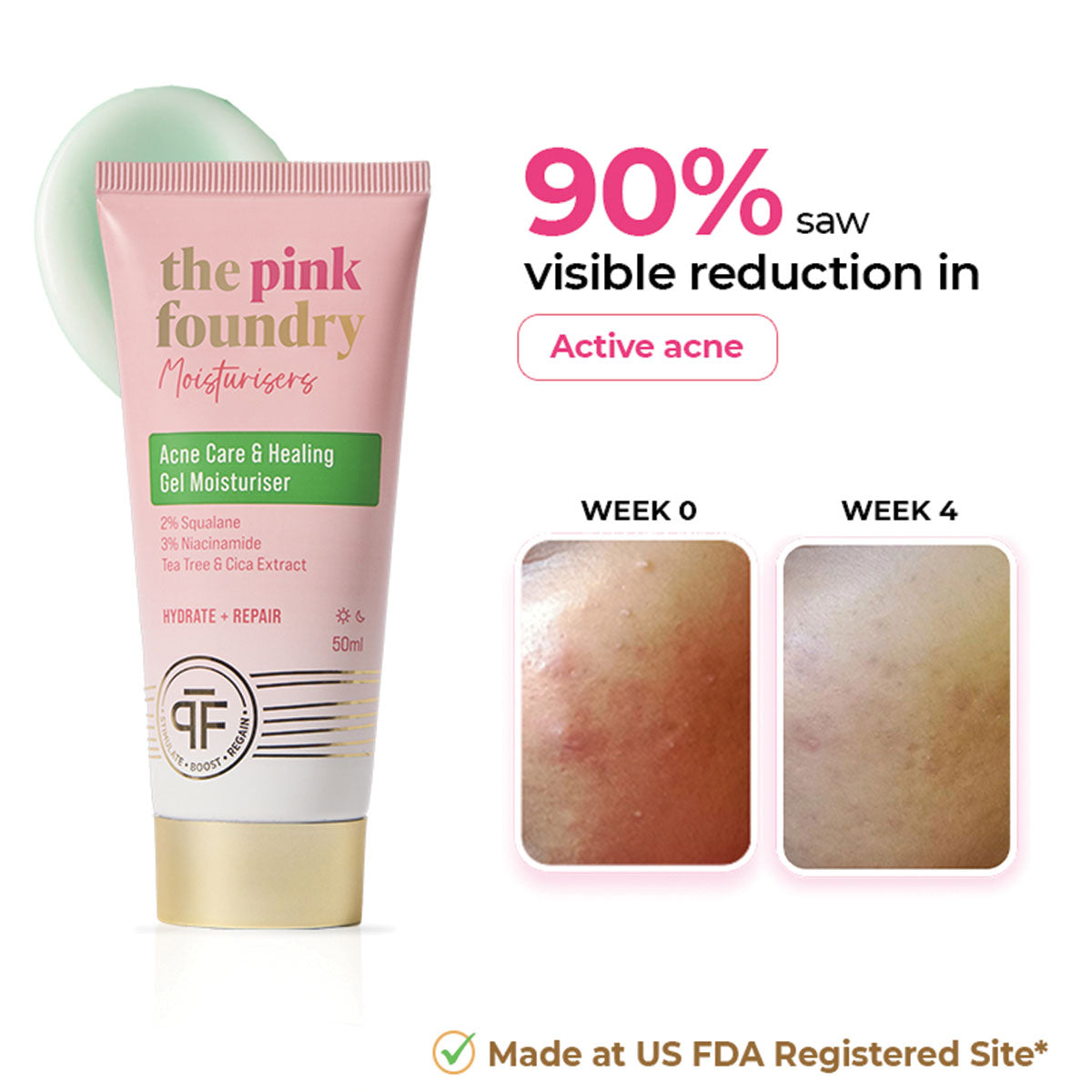
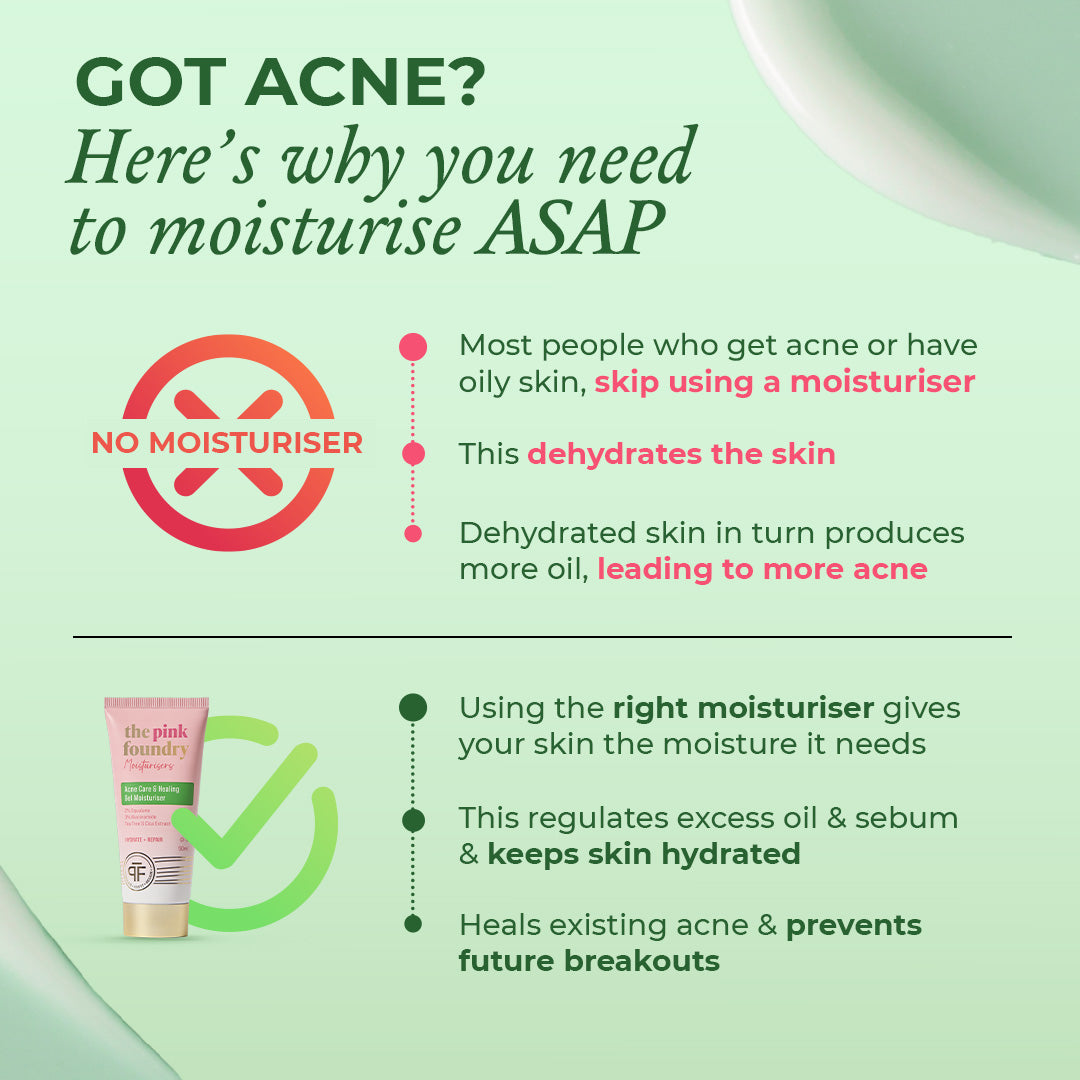










Leave a comment
This site is protected by hCaptcha and the hCaptcha Privacy Policy and Terms of Service apply.